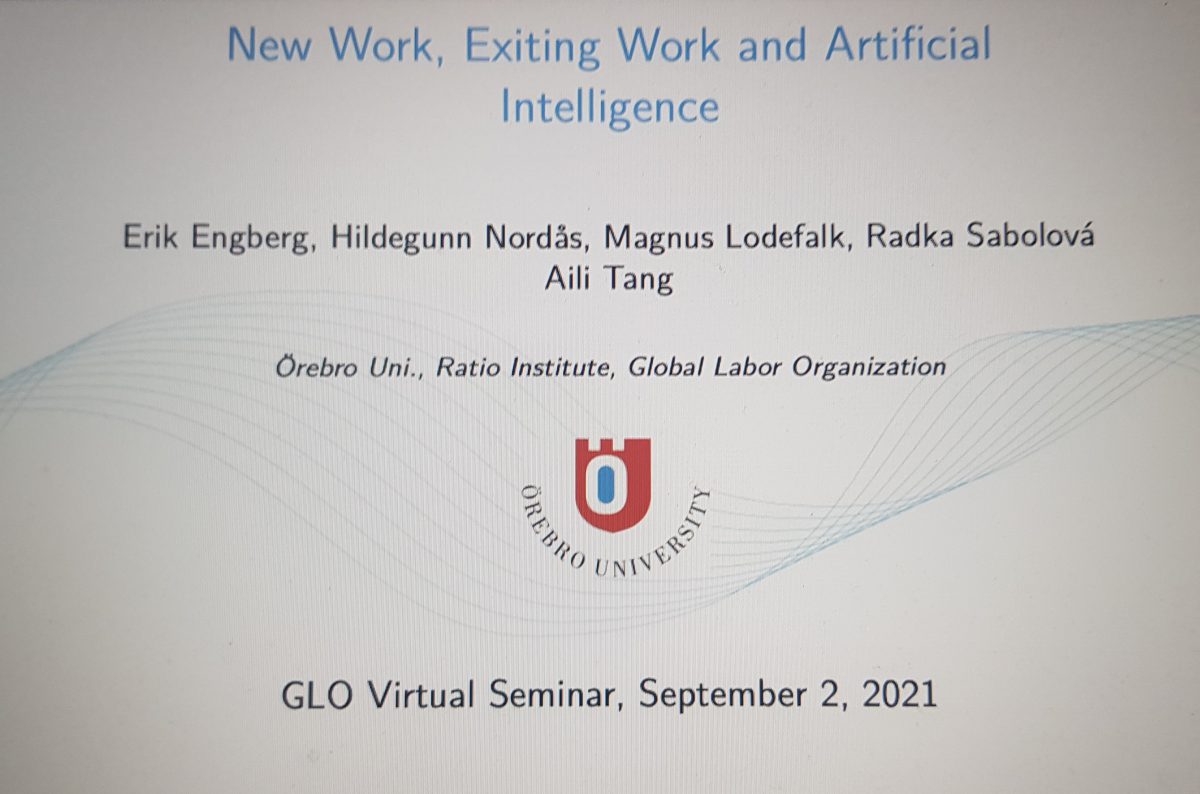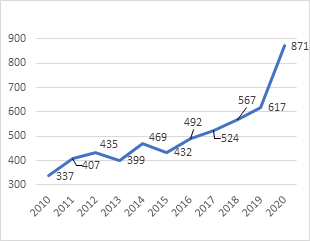A new GLO Discussion Paper shows that the number of new deaths per million significantly decreases after half of the population is vaccinated, but the number of new cases witnesses an insignificant change.
GLO Discussion Paper No. 958, 2021
Race against time to save human lives during the COVID-19 with vaccines: Global evidence – Download PDF
by Nguyen, Phuc V. & Huynh, Toan L. D. & Ngo, Vu M. & Nguyen, Huan H
GLO Fellows Toan Luu Duc Huynh, Vu Ngo, Huan Huu Nguyen & GLO Affiliate Phuc Nguyen

Toan Huynh 
Phuc Nguyen
Author Abstract: Voluminous vaccine campaigns are used globally since the COVID-19 pandemic owes devastating mortality and destructively unprecedented consequences on different aspects of economies. Notwithstanding different approaches to measure the effectiveness of COVID-19 vaccines in clinical medicines, this paper sheds new light on the efficacy of COVID-19 vaccines by using the difference-in-differences (DiD) design of 127 countries in the daily frequency from February 2020 till the end of August 2021. We show that the number of new deaths per million significantly decreases after half of the population is vaccinated, but the number of new cases witnesses an insignificant change. We found that the effects are more pronounced in Europe and North America by offering insights about different continents. Our results remain robust after using other proxies and testing the sensitivity of the vaccinated proportion, providing causality and evidence that expanding and expediting COVID-19 vaccination can save human lives.
More research from the GLO Coronavirus Cluster: LINK

GLO Discussion Papers are research and policy papers of the GLO Network which are widely circulated to encourage discussion. Provided in cooperation with EconStor, a service of the ZBW – Leibniz Information Centre for Economics, GLO Discussion Papers are among others listed in RePEc (see IDEAS, EconPapers). Complete list of all GLO DPs – downloadable for free.
The Global Labor Organization (GLO) is an independent, non-partisan and non-governmental organization that functions as an international network and virtual platform to stimulate global research, debate and collaboration.
Ends;






















